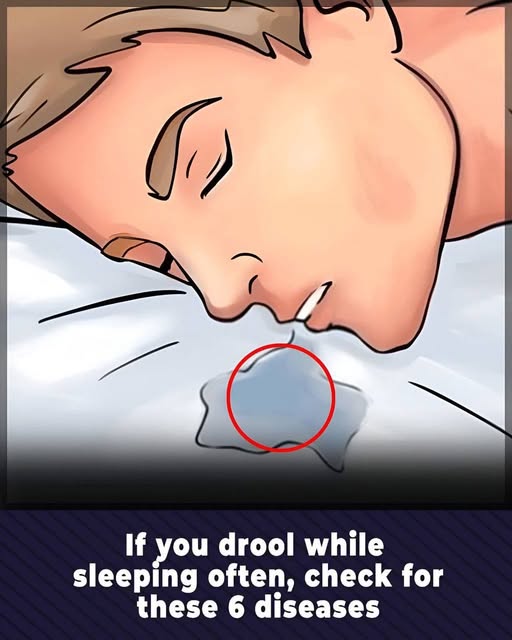Child who wear braces with a mouthpiece
Source: Shutterstock
Consider using a mandibular device, an oral appliance similar to a mouthguard, to improve sleep comfort and reduce drooling and snoring. These devices are available for purchase online or in specialty surgical supply stores. Using a mandibular device may help keep your mouth closed during sleep, reducing the chances of drooling.
4. CPAP Machine for Sleep Apnea
young man sleeping with apnea and CPAP machine
Source: Shutterstock
If your drooling is because of sleep apnea, a continuous positive airway pressure (CPAP) machine may help you put an end to it. As a (more important) bonus, it will help to treat your sleep apnea, as well. A CPAP machine helps maintain proper breathing and sleep patterns during the night. This will not only help you breath and therefore sleep better, but it may reduce your drooling as well. Consult with a sleep apnea specialist to receive guidance on using the CPAP machine effectively.
5. Botox Injections
Cali, Colombia – July 12, 2024: Hands of a dermatologist with a Botox bottle during the application of Botulinum toxin injection to a patient. Aesthetic medicine.
Source: Shutterstock
No, botox isn’t just for cosmetic reasons – it can help reduce drooling, too. For individuals seeking a more aggressive approach to managing hypersalivation, Botox injections can be considered. Injecting Botox into the saliva glands surrounding the mouth can temporarily reduce saliva production. It is important to note, however, that this treatment is not permanent and will need to be repeated. It is also critically important that you consult a licensed professional, as having this done by someone who doesn’t have the right knowledge and qualifications can be detrimental to your health and wellbeing.
6. Surgery as a Last Resort
Doctors perform surgery cardiac stent transplant in a hospital
Source: Shutterstock
In severe cases where other treatments have been unsuccessful, a doctor may recommend surgical removal of the saliva glands. This option is typically reserved for individuals with underlying neurological conditions that contribute to excessive drooling during sleep. They typically won’t do this for those who simply are drooling while sleeping and want it to stop. Surgery can be an effective solution for managing hypersalivation, but it is usually considered as a last resort after trying other treatments.
When to See A Doctor About Your Sleep Drooling
